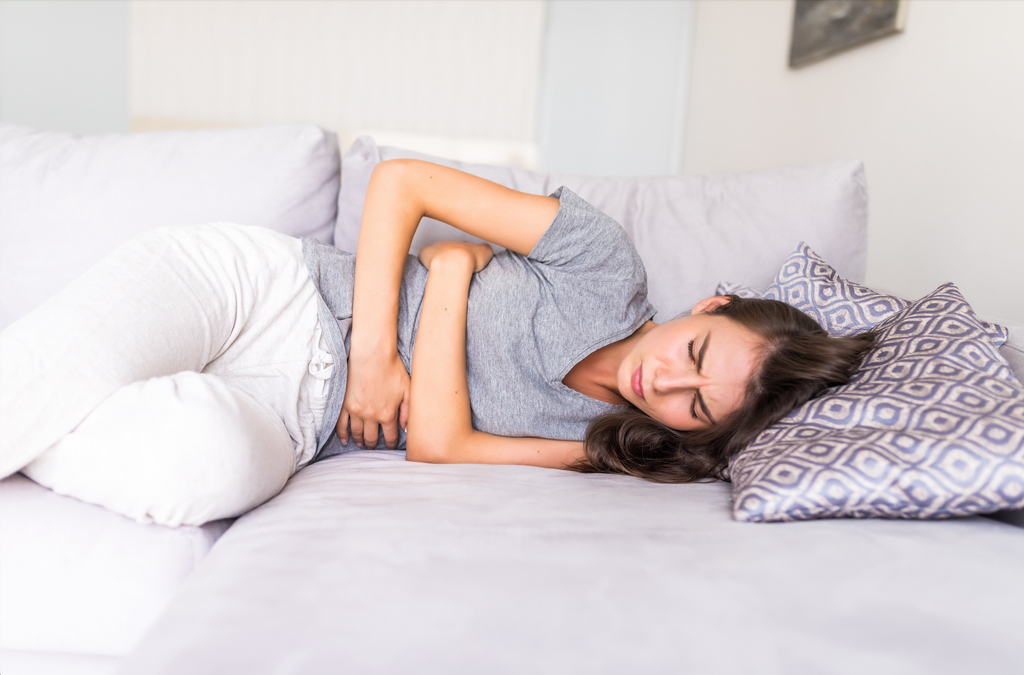Find out how you can fast during menstruation
For most people menstruation mean stomach cramps, sugar cravings and bloating. In this situation, fasting seems like an impossible task. However, contrary to popular perception, fasting during your periods can have many advantages. Circadian fasting can stabilize your hormones, improve gut health and ease general body pain.
Intermittent fasting increases the metabolic rate that is helpful for weight loss. It regulates inflammation and builds resistance to oxidative stress. Time-restricted eating also lowers blood pressure and glycated hemoglobin. Additionally, a study at the National Library of Medicine has proved that controlled food restriction increases norepinephrine levels in your body. Norepinephrine is used to treat mood disorders like depression and a surge of this hormone triggered by fasting stabilizes erratic mood swings that are common in periods.
Circadian fasting is a generally a very healthy activity, but the week before your period you may need to do shorter fasts. During this time, estrogen levels dip and you develop sensitivity to cortisol, the stress hormone, which can make it more challenging to do longer fasts like 16 hours or more. Instead, try shorter fasts around 12 hours.
Women get a heightened sense of starvation when they menstruate and crescendo fasting controls the excessive production of ghrelin and leptin (hormones that trigger hunger). Other than this, crescendo fasting does not deprive one of energy and it instead facilitates better absorption of nutrients.
She suggests the following ways to adjust your fasting when you have your period:
- Fast for two to three nonconsecutive days instead of fasting at a continuous stretch.
- Reduce the fasting duration to 12 to 14 hours instead of 18 hours. You can increase the fasting hours after your period.
- Drink plenty of water and liquids. Avoid sugary drinks.
- Avoid heavy cardio and stick to light yoga or strength training.
What to eat during periods
Your iron levels may likely dip due to menstrual flow. This can cause dizziness or fatigue. To prevent iron deficiency, eat leafy vegetables like kale, spinach and broccoli. Try to incorporate turmeric in your meals. Turmeric has excellent anti-inflammatory properties and is known for mitigating PMS symptoms.
Peppermint tea also soothes cramps and reduces nausea. A 2016 study recommends peppermint capsules to treat various dysmenorrhea symptoms. To suppress sugar cravings and maintain hydration, eat water-rich fruits like cucumber, oranges and watermelon.
FEATURED IMAGE COURTESY: Diana Grytsku

